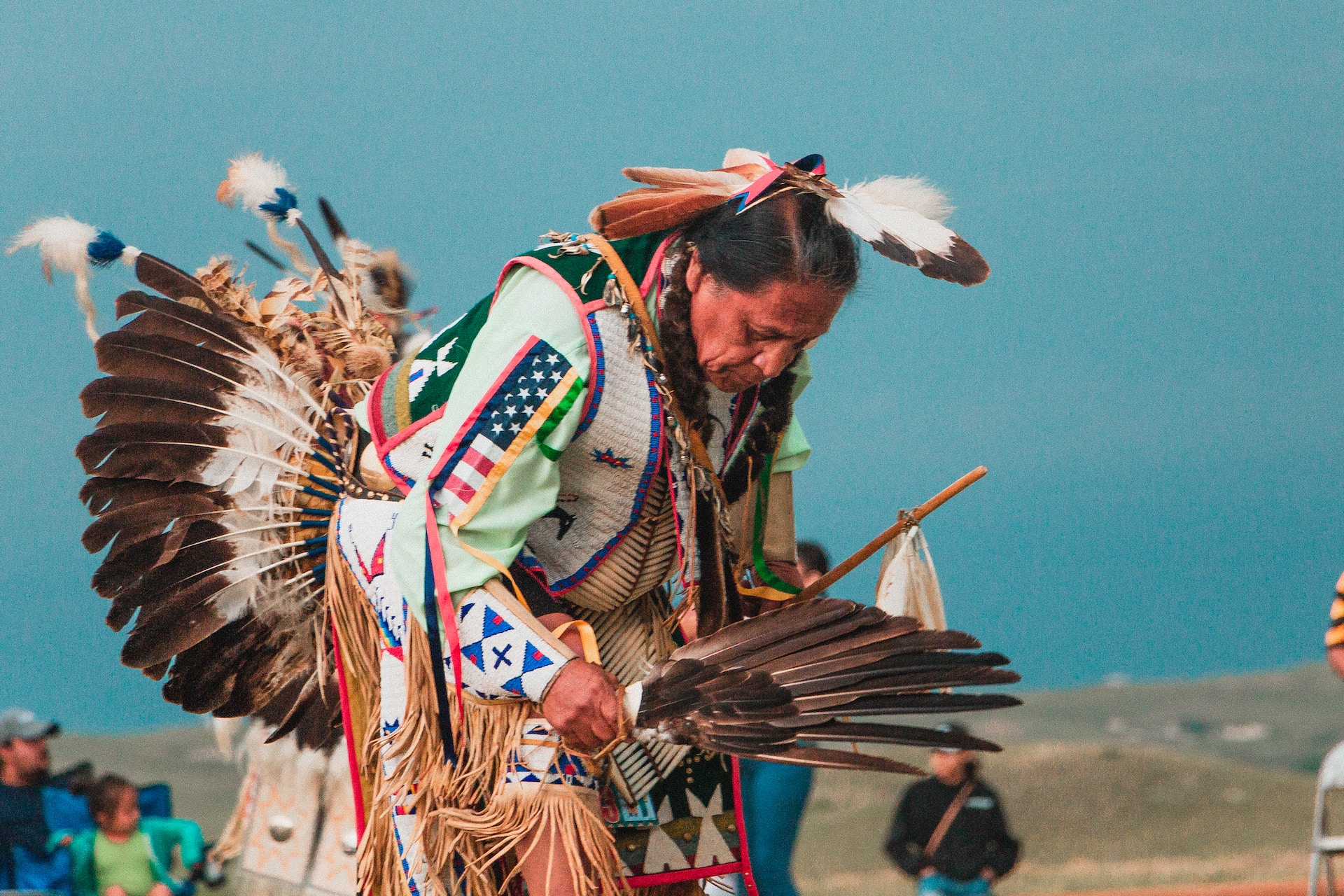In a significant judicial development supporting the rights of Native Americans, U.S. District Chief Judge Peter Welte issued a ruling favoring the Turtle Mountain Band of Chippewa Indians and the Spirit Lake Tribe. Declared this past Friday, his verdict identified the 2021 legislative redistricting map as unlawfully reducing the voting influence of these tribes, thus violating Section 2 of the Voting Rights Act. This judgment is considered a major step forward in ensuring just representation for Native American communities in North Dakota.
Shift in Legal Dynamics: Secretary Howe’s Response
The legal scenario, however, shifted when North Dakota’s Secretary of State, Michael Howe, expressed his intent to challenge Judge Welte’s ruling. This decision was prompted by a recent judgment from the 8th U.S. Circuit Court of Appeals in a separate case, which restricted the rights of private entities and individuals to file lawsuits under a crucial provision of the Voting Rights Act. Howe’s choice to contest the ruling, referencing the appeals court’s determination, introduces additional complexity to the ongoing legal conflict.
Uncertainty in the Legal Landscape
The handling of this case by the 8th Circuit, which oversees seven states including North Dakota, remains uncertain. Whether the same panel of judges will hear the North Dakota case is yet to be determined. This uncertainty adds to the complex legal landscape surrounding the issue.
State’s Response to the Appeals Court Ruling
Republican Attorney General Drew Wrigley referred to the appeals court ruling as a “timely development.” State officials and legislative leaders are now deliberating their next course of action in response to Judge Welte’s ruling, signaling a potentially prolonged legal battle ahead.
The Tribes’ Fight Against Redistricting
The lawsuit brought forth by the Turtle Mountain Band of Chippewa Indians, the Spirit Lake Tribe, and three tribal members last year directly challenges the 2021 redistricting map. They assert that the map unfairly groups and separates tribal members, impeding their ability to elect candidates of their choice, thus undermining their political influence.
Legal Expert Opinions
Legal experts like Jason Marisam have noted that the 8th Circuit’s decision did not directly address the tribes’ specific claims. They emphasize that the lawsuit also leverages federal laws allowing actions against state officials for violating federal rights, which may necessitate a more detailed legal analysis.

Tribes’ Attorney on Solid Grounds
Tim Purdon, the attorney representing the tribes, contends that the recent appeals court opinion does not validate the disputed redistricting map but rather focuses on the eligibility to bring the lawsuit. He maintains that the tribes and Native voters have a strong case as appropriate plaintiffs in this legal battle.
Judge Welte’s Directive and Its Implications
Judge Welte has given Secretary Howe and the Republican-controlled Legislature a deadline until December 22 to rectify the voting rights violation. However, the impending appeal might impact this timeline, with a possibility that the state might request to delay the deadline during the appeal process.
The Prospect of a Special Legislative Session
Given the gravity of the situation, a special legislative session for redistricting might be on the horizon. This session would be the second one this year, indicating the intensity and urgency of the issue at hand.
Conclusion
As the legal proceedings continue, the outcome of this case holds significant implications for the voting rights and political representation of Native American communities in North Dakota. The dispute underscores the complexities of legislative redistricting and its impact on minority communities, making it a critical issue in the broader context of American electoral politics.
©unityus.org

